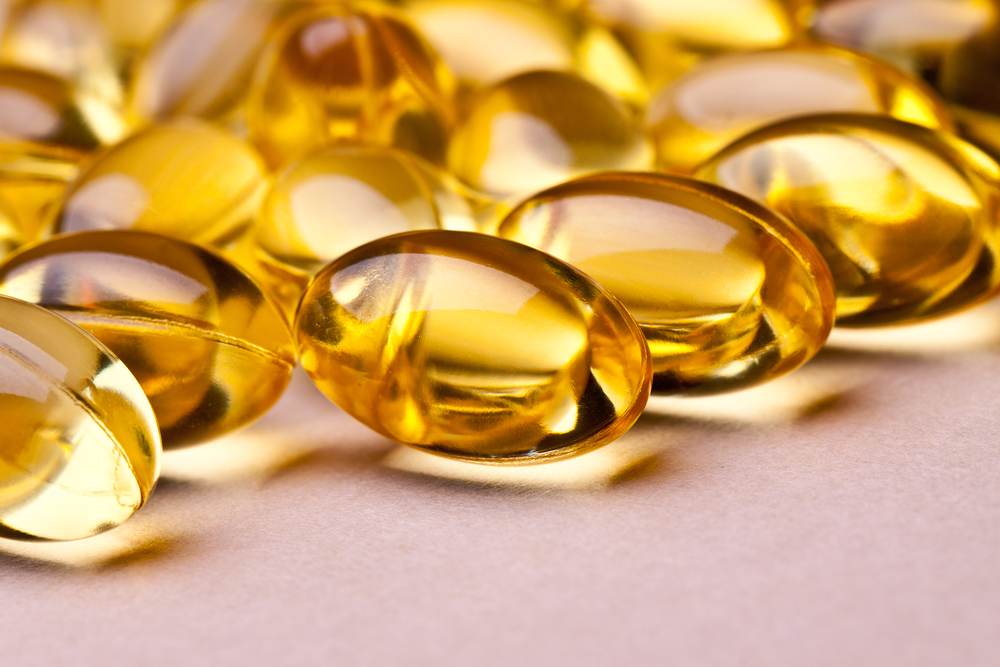Thus says Huub Savelkoul, head of the Cell Biology and Immunology department. With him, an increasingly large group of fellow scientists and doctors. The British and Israeli ministers of Public Health recently announced they will be promoting the sunshine vitamin. Should the Netherlands follow suit? Huub Savelkoul thinks we should.
What research has been conducted so far on the effect vitamin D has on corona infections?
‘There is a great deal of literature on the effect vitamin D has in boosting our immune system, for example, related to rheumatism and diabetes. Several studies were launched this year to determine if a daily dosage of vitamin D may prevent corona infections or mitigate the effects of the disease. It appears that people with a vitamin D deficiency are more likely to contract the disease, show more severe symptoms or have a higher mortality rate. However, it is difficult to determine whether a vitamin deficiency was the cause or the result of the disease.’
‘The most compelling evidence is provided by a Spanish study in which subjects were randomly split into two groups, one of which was given vitamin D, while the other was not. The results were telling: of the COVID-patients that received vitamin D, only 2 per cent required intensive care, compared to half of the patients who did not receive the supplement. However, the test was conducted among only 76 patients, and there was no placebo-group.’
If vitamin D is responsible for this result, how does this work?
‘Normally, your immune system responds to an infection swiftly through a small local reaction. In addition, the body emits so-called type-1 interferons which cause a mini-inflammatory response so that immune cells are put in place. The coronavirus suppresses the production of these interferons, which hampers the immune reaction. Moreover, the virus causes the local inflammatory reaction to get out of control. This is why people experience such severe illness.’
‘Vitamin D may prevent the immune system from becoming derailed, American research shows. It helps the production of interferons, and keeps the local inflammatory reaction under control; precisely the two responses that fail during a corona infection. Taking a vitamin pill does not immediately protect you. You must supplement the vitamin daily during a 1.5 to 3 month period before it raises the level in your blood.’
Does extra vitamin D still benefit those who have a healthy diet and lifestyle?
‘The vitamin D blood levels are low in about half of the Dutch population. Vitamin D is produced by our bodies under the influence of sunlight, and in small amounts through our diet. Follow a healthy diet and spend half an hour a day outside and you should get sufficient vitamin D. However, dark-skinned people, whose pigmentation absorbs sunlight, people with obesity (vitamin D is stored in fat) and the elderly, who generally spend less time outdoors, suffer from deficiencies. The winter is extra difficult, as there is less sunlight. The geographical location of the Netherlands means the UV in winter sunlight lacks the correct wavelength needed for the production of vitamin D.’
‘Compensating shortages through nutrition is challenging. You would have to eat a considerable amount of fatty fish every day. There is no need to worry about consuming an excess of vitamin D, you would have to take in 1.5 mg per day, which equals 30 to 50 pills. It is safe, but taking multivitamins should be carefully considered. Not all vitamins are harmless, and these preparations often contain high dosages.’
Does this call for further research before we all start taking pills?
‘If we want irrefutable proof on its efficacy, larger groups of patients must be monitored over a longer period of time, in which one group is given vitamin D and the other a placebo. Doctors and researchers must remain ignorant of what patients belong to which group. The results of these studies must then be collated for a meta-analysis. If the results stand, we believe their validity, and it is considered evidence-based. However, this would take two to three years, which is too long because many people still fall ill and perish. There are already many indications that vitamin D slows infections, and I feel we should benefit from this knowledge. There is no harm in trying. For the record, I have no invested interest in the vitamin industry.’

 Photo: Shutterstock
Photo: Shutterstock